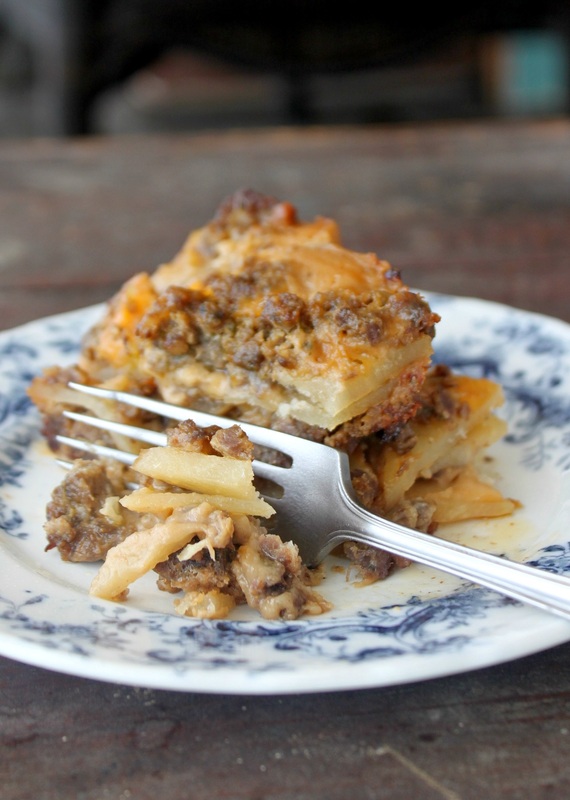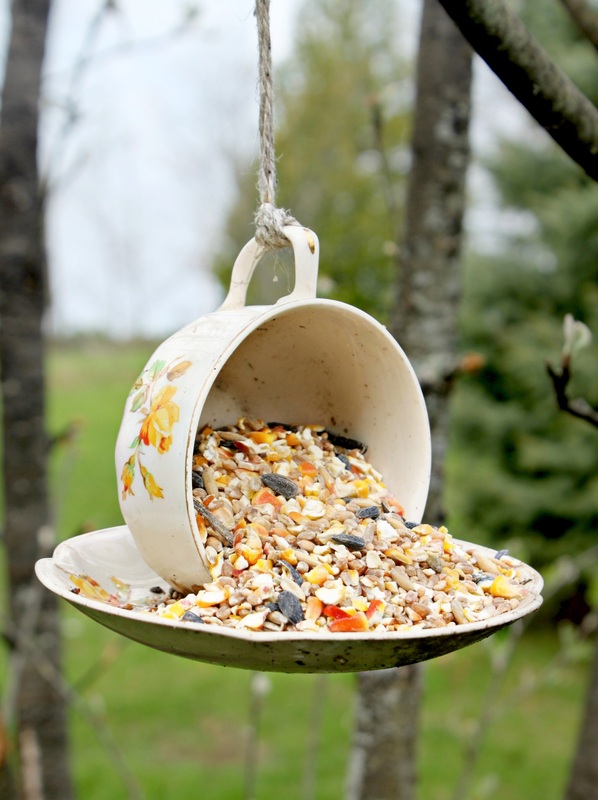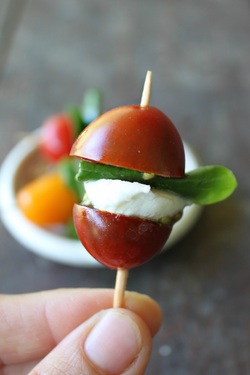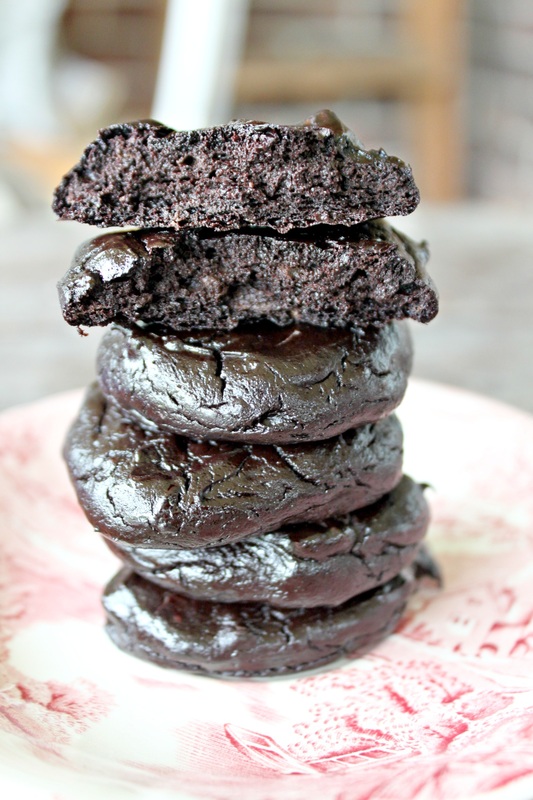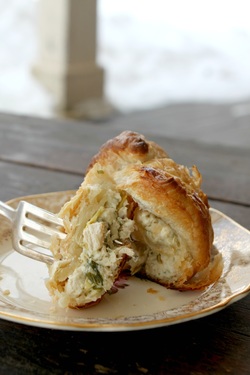|
We had people come for a visit this week who got to see a small version of our son's meltdowns. He was upset about a video being stopped before all the credits had rolled (that upsets him a lot), and started to fall apart. To help him calm down, he will often grab us, wrap his arms around us, and squeeze as hard as he can (he calls these "squishies"). A variation of the "squishy" is that he will grab my husbands or my arm (or his e.a.), and press his face into the arm, and squeeze hard with his hands. We understand people with autism have sensory problems, and for Caleb, these "squishies" help him somehow. I feel like I could blab on all day about the why, but I would rather let someone else say it. Temple Grandin is a grown, very accomplished woman with autism. She has her Ph.D. in animal science, and has designed one third of all the livestock-handling facilities in the United States. She is currently an associate professor of animal sciences at Colorado State University, and lectures frequently at autism conventions and meetings throughout the country. From her book "Thinking in Pictures: My Life with Autism" she talks about her own personal sensory problems: "From as far back as I can remember, I always hated to be hugged. I wanted to experience the good feeling of being hugged, but it was too overwhelming. It was like a great, all-engulfing tidal wave of stimulation, and I reacted like a wild animal. Being touched triggered flight; it flipped a circuit breaker. I was overloaded and would have to escape, often by jerking away suddenly. Many autistic people crave pressure stimulation even though they cannot tolerate being touched. It is much easier for a person with autism to tolerate touch if he or she initiates it. When touched unexpectedly, we usually withdraw, because our nervous system does not have time to process the sensation". My note: our Caleb will literally scream if someone touches him without him knowing they are going to. Then, he has to go and touch that person in the same spot they touched him to end the sensation. Or if Caleb gets hurts, he really looses it. The unexpected pain sets him off, and he will re-enact the accident over and over, making sure the spot that got hurt touches the spot it did when it got hurt in the first place. A funny thing he does now to avoid falling down our stairs {which he did often because he would try to go down them too fast|, is he will now go down all the stairs on his bum, with his legs right out in front of him, and bump down each step. His sisters and other kids who have seen him do it try to do it also, and tell us how much it hurts. But Caleb prefers this pain initiated by him rather than possibly falling down the stairs). "When I was six, I would wrap myself up in blankets and get under sofa cushions, because the pressure was relaxing. I would daydream for hours about constructing a device that would apply pressure to my body. After visiting my Aunt's ranch in Arizona, I got the idea to build such a device, patterned after the cattle squeeze machine. When I watched the cattle being put in the squeeze chute for their vaccinations, I noticed that some of them relaxed when they were pressed between the side panels". (to sum up the rest of her thoughts on this, she had a panic attack, and ran to the squeeze chute, and made her Aunt squeeze her until she felt calm. So, she developed her own human squeeze machine that was more padded, and where she could control the pressure from the side panels). "Tom McKEan wrote in his book "Soon Will Come the Light" that he feels low-intensity pain throughout his body which is only relieved by pressure. He finds that very tight pressure worlds best. The amount of pressure desires may be relayed to his or her nervous arousal level. Even though the sense of touch is often compromised by excessive sensitivity, it can sometimes provide the most reliable information about the environment for people with autism. Therese Joliffe, and autistic woman from England, preferred using touch to learn about her environment because it was easier to understand things with her fingers. Her vision and hearing were distorted and provided unreliable information, but touching something gave her a relatively accurate representation of the world. She learned to do things like setting a table by feel. Her method of learning was similar to that of a blind man whose vision was restored when he was an adult. In his essay "To See and Not to See", Dr. Oliver Sacks described how this man had to touch things in order to see them with his eyes. Overly sensitive skin can also be a big problem. Washing my hair and dressing to go to church were two things I hated doing as a child. Shampooing actually hurt my scalp, and scratchy petticoats were like sandpaper scraping away at raw nerve endings. In fact, I couldn't tolerate changes in clothes altogether. When I got accustomed to pants, I could not bear the feeling of bare legs when I wore a skirt. After I became accustomed to wearing shorts in the summer, I couldn't tolerate long pants". My note: Caleb struggled for years to adjust to our confusing weather here in Canada. He might be out of a coat one day {which could make him upset because he was used to it|, only to have the snow come back a few days later, and he would have a meltdown about having to wear a coat again. He didn't wear socks in winter until this year {and he's 9 years old!|. *All quotes taken from "Thinking in Pictures: My Life with Autism", by Temple Grandin, chapter 3, pages 58-62). I hope my using Temple's words isn't too lazy! I have read "Thinking in Pictures" 4 times now, and I find new things interesting in it every time. To hear the words from someone who has autism, to hear her explain how she felt (or still feels) about things that I don't think about as a non-autistic person helps me understand my Caleb better. It gives me new eyes for him, a renewed patience for him (and trust me, my patience is often in need of renewal!).
Autism and sensory problems are probably one of the most mis-understood aspects of the disorder. I've talked about it before, and will talk about it again too. I do it for you, whoever reads this, but also for myself. To remind myself, because I need to know and remember how my son works, how he feels, and sees the world. If I don't understand him, and help him, and love him, I can't expect anyone else to.
13 Comments
Sandy
3/12/2014 11:41:43 pm
Temple Grandin is one fantastic lady!!! I have heard her speak a handful of times in university and she inspires every time I have heard her.
Reply
Amy-Lyn
7/1/2015 01:59:33 am
I really wish to be able to meet and hear Temple Grandin speak some day. She inspires me every time I read anything she's written, and that includes reading things I've already read!
Reply
Sarah
3/13/2014 12:38:08 am
I'll have to give that book a read!
Reply
Amy-Lyn
7/1/2015 02:02:58 am
It's a great book, and I hope you get the chance to read it!
Reply
Leslie
3/13/2014 07:47:52 am
I had the opportunity to meet Temple Grandin and listen to her speak at a conference in Toronto at the Geneva Centre. She is quite a remarkable individual.
Reply
Amy-Lyn
3/13/2014 12:10:39 pm
Oh, I am jealous of all of you for hearing her speak! I would love to see/hear/meet her some day!
Reply
Judy
7/1/2015 12:46:55 am
"Or if Caleb gets hurts, he really looses it. The unexpected pain sets him off, and he will re-enact the accident over and over, making sure the spot that got hurt touches the spot it did when it got hurt in the first place."
Reply
Amy-Lyn
7/6/2015 02:39:43 am
Hi Judy,
Reply
4/27/2023 06:54:47 pm
Steroid Sipariş: https://www.anabolickapinda14.com/urun/
Reply
8/9/2023 09:02:28 am
Steroid Siparis Steroid Fiyatlari Steroidler Anabolizan Orjinal Steroid Steroid Satis Steroid Satın Al Steroid Siparis Et
Reply
8/15/2023 05:34:40 am
https://www.sporunuyap8.com/ teşekkürler
Reply
Leave a Reply. |
Hi, I'm Amy-Lyn! I am the lady behind this here blog! I live in the sticks with my animals, my super handsome husband, and my
3 amazing kids! Here you'll find things from recipes (gluten-free, paleo, and strait up junk food!), DIY ideas, thoughts on raising a son with autism, and whatever else pops into my brain! : ) Read more about me by clicking here! Want to Stay Connected?
Find What
|
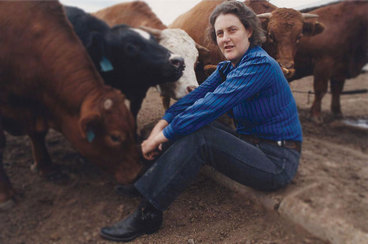
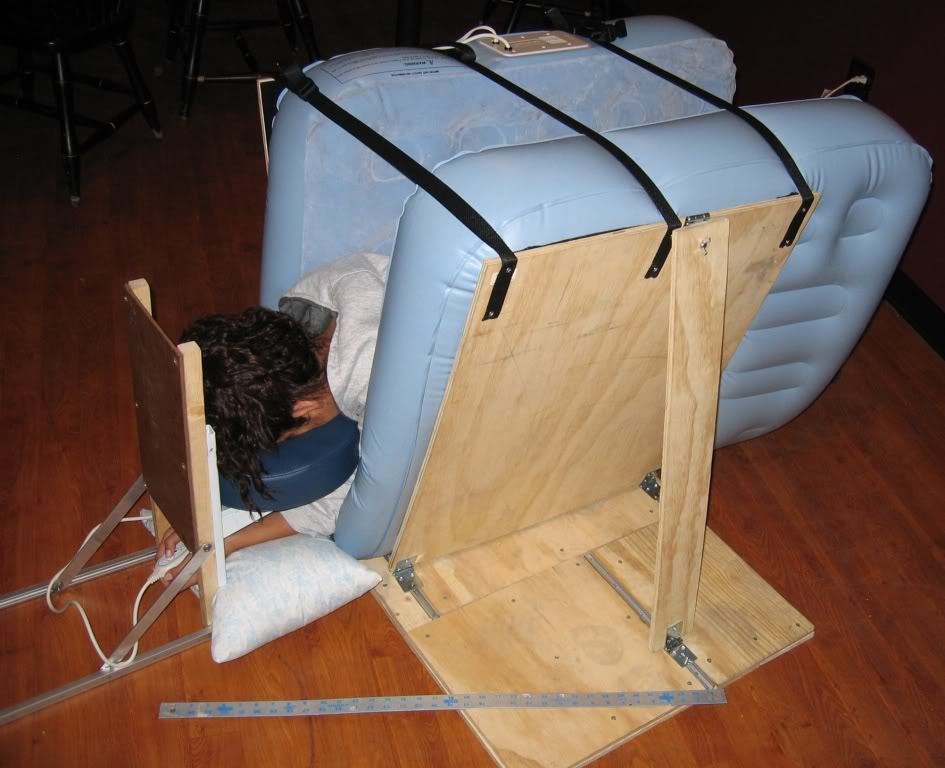
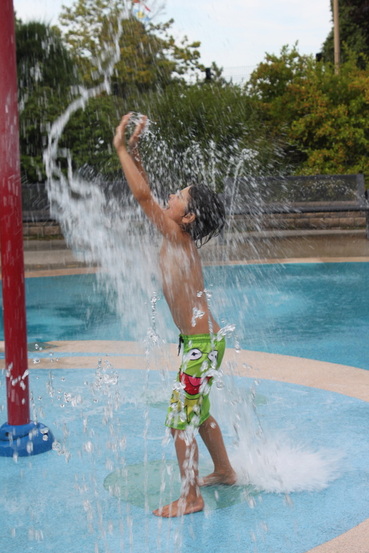
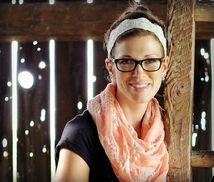
 RSS Feed
RSS Feed
